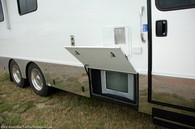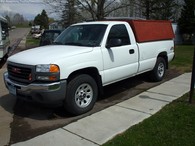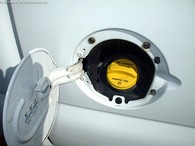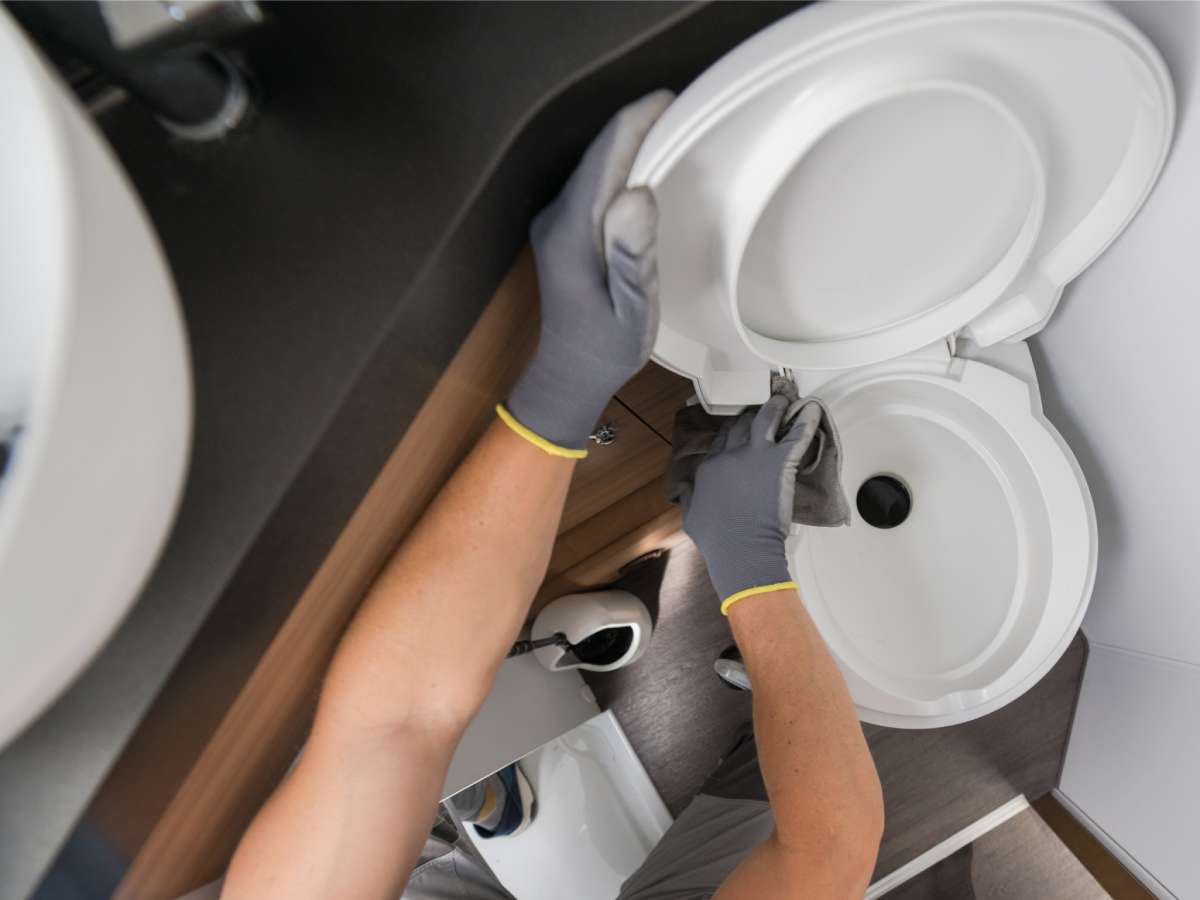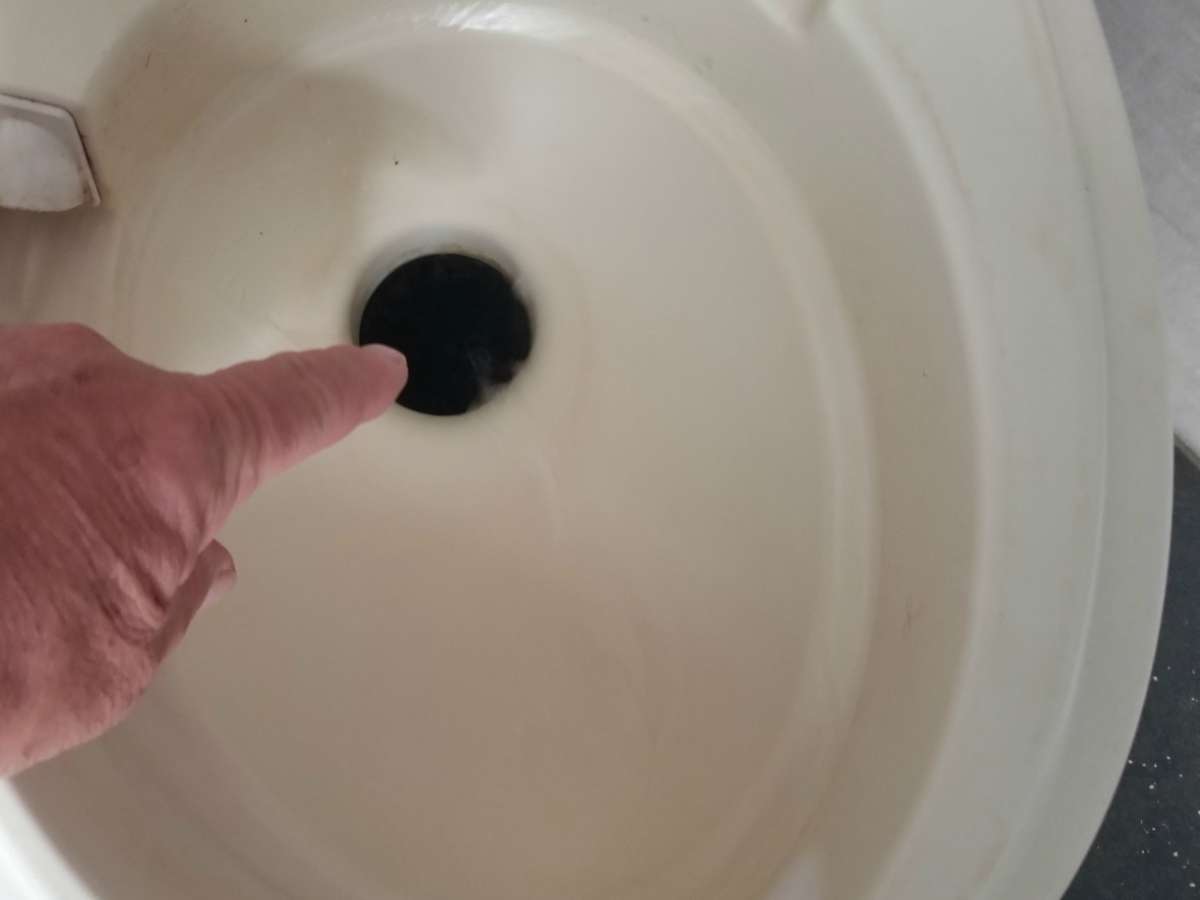 At home Reduce, Reuse, and Recycle is quickly becoming the way of the land. Many communities now have laws making recycling mandatory. For lots of pepole, recycling has become second nature.
At home Reduce, Reuse, and Recycle is quickly becoming the way of the land. Many communities now have laws making recycling mandatory. For lots of pepole, recycling has become second nature.
There are also several things you can do to carry the "green" way of life into your RV lifestyle, as well.
#1 Recycle trash.
Reduce, reuse, recycle works at home… and you should try to use the same techniques when preparing your trash for recycling while RVing as well. For example, empty canned goods can be washed out and flattened, so they’ll take up less space. And by designating a storage compartment for recyclables you can use a couple of cardboard boxes to separate plastic, paper, and cans.
#2 Shop wisely.
When you stock up your RV, try to avoid items that come with lots of unnecessary packaging. Just the same, when you make use of resealable storage bags, you alleviate the need for bulky plastic food storage containers on board your RV.
Also, when you choose items that are "natural", "organic", and "locally made", you are helping the environment at the same time that you are choosing healthier products for your family.
#3 Reduce the amount waste.
The best way to manage waste is to create as little of it as possible. Avoiding leftovers that may eventually end up in the trash will also help. Instead, try to prepare meals with the thought of "just enough". This way, you’ll reduce your waistline while reducing your garbage load at the same time.
#4 Save energy.
Everybody enjoys the television and assorted electronic devices when living the RV lifestyle. But those things require you to fire up the generator (…and close all the windows to block out the outside noise).
If you were to invest in a couple of solar panels for the roof of your RV, you could actually eliminate 90% of your normal generator use. Not only could you leave the windows open and hear the little birds, but you would be creating a lot less air pollution too. If solar panels aren’t in the cards for you, you can save energy other ways — like turning off the electronics when you’re not using them, using them less in general, and running the RV generator less.
#5 Keep a clean space.
Being clean around the RV campsite is not only a “green” thing to do, it’s just the polite and sensible way to be. Backpackers use the line, "pack it in, and pack it out." Meaning… whatever you enter the wilderness with should come back out with you. In the RV world, that means not leaving a half dozen beer cans in the fire ring when you leave. Be considerate of others, the next family doesn’t want to spend an hour cleaning up the mess you left behind.
#6 Choose your fuel wisely.
For those who want to be cutting-edge in their efforts to create a green sustainable way of RV’ing, consider the type of fuel you are using on your travels. For example, if you’re pulling a trailer that’s up to medium size, then you might consider one of those “Flex-Fuel” rigs that runs on E-85 Ethanol-based fuel as the family pickup.
I have one myself, and with the price of gas climbing to the moon these days, I’m happy to say I save a good amount of cash by always filling my truck with E-85 instead of gasoline. I can also assure you there is no lack of power, as E85 is actually a 91 octane fuel. On the other hand, regular gas is only 87 octane. The Flex Fuel trucks are quite peppy… you won’t be disappointed in the performance.
If your RV is a diesel pusher, or if you own a large 5th wheel and you’re pulling it with a diesel dually pickup, there are some green fuel options as well. Though it’s not widely available yet, bio-diesel is considered as a way to break away from fossil fuels that are using up our non-renewable resources. Bio-diesel is created from vegetable oil. The beauty of it is you can use it in your current diesel engine — with no modifications at all!
The next time your in Texas, you can fuel up at Carl’s Corner Truckstop with a tank of Bio Willie Bio-Diesel.
Another choice is to convert your diesel to run on straight vegetable oil. Kits are available to preheat vegetable oil in order to reduce its viscosity to a level that will run in most diesel engines.
How it works: You start the engine on standard diesel fuel. Once it’s at operating temperature, you switch it over to straight vegetable oil. This takes more work on your part, as collecting old fryer oil from restaurants is the most reasonable way to accumulate enough vegetable oil to be practical.
See, there are many things you can do to help restore and protect our environment when you’re RVing. It all amounts to what degree you want to take the “Go Green” theme to heart.
RELATED:

